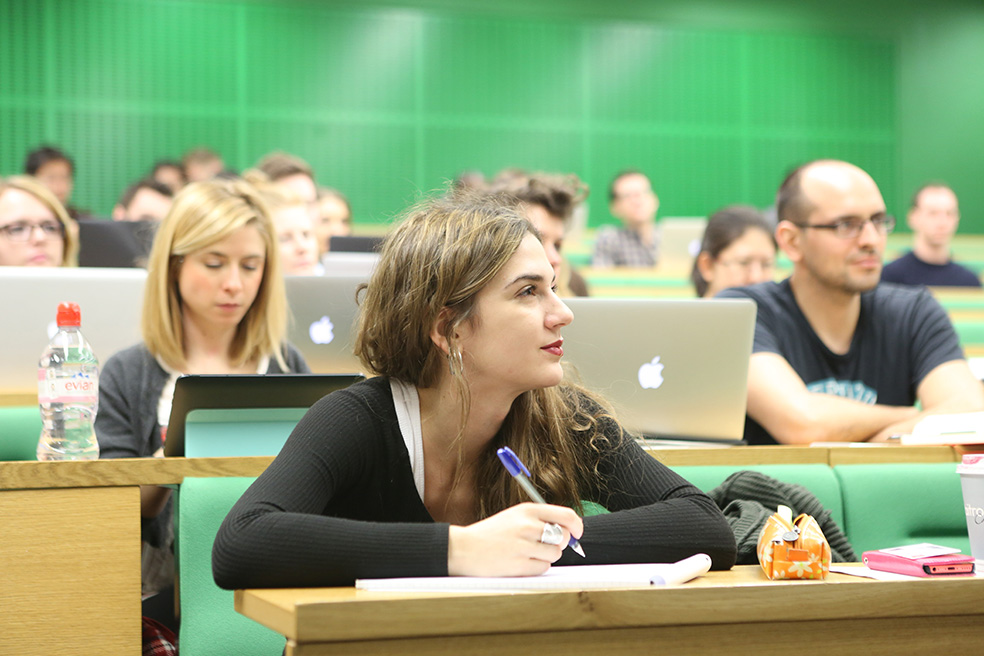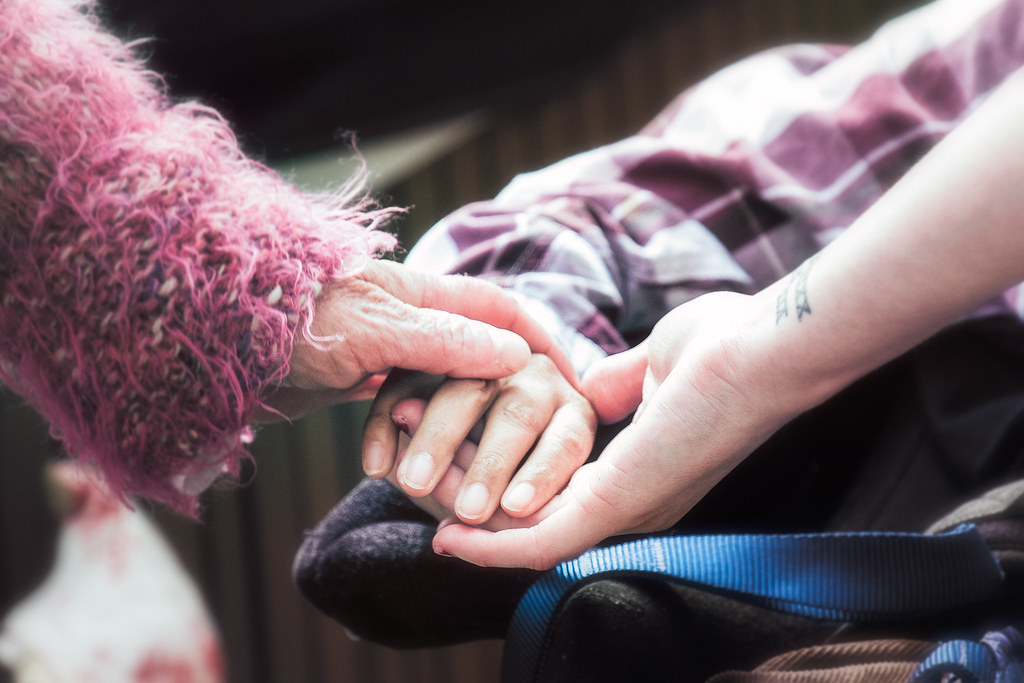Earlier this year, a small team of four MSc Development Management students worked on a research project for Adam Smith International as part of the Development Consultancy Project. Ermida Koduah shares experiences and tips on behalf of her team members, Awura-Ama Awuku– Asabre, Claire Bond and Chiara Ehses.
In recent years, there have been global discussions about the lack of women in the Venture Capital (VC) space due to high levels of selection bias and little access to male-dominated VC networks. Concurrently, there has been an increased interest in VC activity in Africa over the past ten years. Understanding these two concepts, my team and I had the opportunity to work on a unique project with Adam Smith International (ASI), a global advisory company headquartered in London. Our report, The Gender Funding Gap: A Focus on the Democratic Republic of Congo, Kenya, Nigeria, focused on women’s social and economic barriers in entrepreneurship and venture capital space. Additionally, we provided ASI with recommendations on how to close the gender gap in our case countries. We focused on Kenya & Nigeria because of their advances in the VC space, and we used the DRC as a case example for upcoming VC markets in Africa.
At the start of our project, I must admit we felt excited yet overwhelmed. Essentially, we were about to spend six months conducting research and multiple qualitative interviews to understand two key questions: What factors drive the gender-funding gap in VC in the target markets? How can donors and implementing parties better deliver technical assistance to help close the VC gender gap in the targeted African markets?
We interviewed 19 people that consisted of stakeholders, development experts and female founders in our three countries. Our key informants had several years of experience in entrepreneurship and the VC sector. Many of them were aware of the barriers faced and made conscious efforts to address the gender gap. Additionally, we spent extensive time conducting desk-based research to understand theories and trends in our three given countries.
By the end of the project, we identified five critical problems prevalent in all three countries and provided our client with three recommendations. Overall, this project was a worthwhile experience, and our team did exceptionally well because of the following approaches we took:
Embraced Team Diversity: Although we all came from various work, educational and cultural backgrounds, we used our personal experiences to add value and content to our project. Our different backgrounds helped fill the gaps in areas we may not have fully understood. We also identified our strengths and weaknesses to assist one another when needed. For instance, we had a great interest in VC but struggled with VC terminology. Luckily one of our teammates had a background in investment and finance. She provided us with a brief crash course and assisted in explaining areas we did not understand. Embracing the differences of our team enhanced our project because we were able to provide input from our various perspectives on the topic.
Time Management: Our team’s significant advantage was starting our project early. In one of our first few meetings, we created deadlines and held ourselves accountable for our tasks and deadlines. We started the project in late October and immediately began our desk-based research. Once we were well equipped with academic research on entrepreneurship and VC in Africa, we began to conduct our interviews. We spent January to March focusing on interviews and analysing our data. Although the project will seem daunting, initially, as long as you can break up tasks and set goals throughout the six months, the project will be less overwhelming.
Communication: Due to the various on/off lockdowns, we had to find multiple ways to communicate efficiently. Our team made sure to speak at least once a week via Zoom or our WhatsApp Group chat from the start of our project. When lockdown restrictions eased, we made efforts to meet in person to build team-bonding experiences. Besides our weekly meetings, we made efforts to speak with our client as often as we needed to. The communication with our client was critical for structuring our research process and our final report. Unlike previous cohorts, we had to work on our project during the pandemic and lockdown restrictions in London. Our communication skills went a long way in making sure we were all on the same page.
The whole experience would not have been possible without our ASI client, Ilmari Soininen. ASI allowed us to provide insight, research and recommendations for a global issue that requires more discussion and solutions.
The views expressed in this post are those of the author and in no way reflect those of the International Development LSE blog or the London School of Economics and Political Science.





